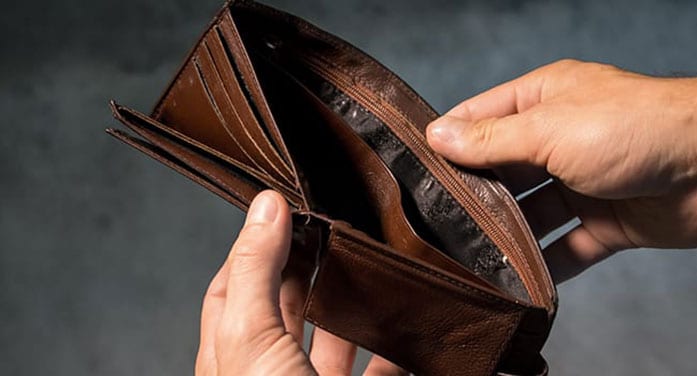 Drivers in Vancouver are paying record-smashing prices at the gas pump and taxes are an extra kick in the head.
Drivers in Vancouver are paying record-smashing prices at the gas pump and taxes are an extra kick in the head.
Prices have hit more than $2 per litre for regular gasoline in Metro Vancouver. That’s the highest gasoline price in North America, along with the highest gasoline taxes.
Before chuckling at the pipeline-blocking-moon-units getting their just desserts, spare a thought for the everyday people who still live in the Lower Mainland. Many hardworking people didn’t ask for these punishing pump prices.
This record-high cost is cutting deep into family budgets.
Because many people can’t afford to live in Vancouver and housing is scarce, they commute long distances for work. Studies show that tens of thousands of people commute from places like Chilliwack and Abbotsford into places like Maple Ridge and Burnaby in stop-and-go traffic.
Driving 500 kilometres and filling up twice per week is not unusual for these folks.
With prices at $2 per litre, it costs $140 to fill up a family sedan. Do that twice a week and it’s $280 to commute to work.
That’s a bill of more than $900 per month just to put gas in one car.
The average cost to rent a three-bedroom place in Maple Ridge, Langley or Surrey clocks in at about $3,000 per month, so there’s not much left over to pay for childcare, heat, insurance and inflated grocery prices.
How did we get into this unaffordable mess in British Columbia?
It’s a cautionary tale involving high taxes and myopic government.
While unrest overseas is affecting the price, a litre of gasoline in Metro Vancouver carries a tax price tag of about 73 cents.
The first carbon tax is currently 10 cents per litre. B.C.’s second carbon tax is a government fuel regulation that increases the cost of gasoline by about 17 cents per litre.
Transit taxes, excise taxes and sales tax make up the rest of the heavy load.
Combined, B.C.’s two carbon taxes cost about 27 cents per litre and add about $20 extra to fill up a minivan.
Living in B.C. is unaffordable for many people, and carbon taxes make it worse.
Premier John Horgan knows this as his NDP team used to rail against carbon taxes back when they were on the opposition benches.
The carbon tax rakes in more than $2 billion per year. It’s not even labelled revenue-neutral anymore, and average working people don’t get rebates.
This happens while emissions keep going up in B.C.
Horgan refuses to admit the part he plays in this mess.
Three years ago, when gas prices hit about $1.70 per litre, he actually called an inquiry to find out what was causing the spike while jacking-up carbon taxes and trying to strangle the Trans Mountain pipeline which delivers gasoline supplies to the lone refinery in Metro Vancouver.
You don’t have to be Nancy Drew to get to the bottom of that mystery. But the inquiry wasn’t allowed to look at a key factor: government policy.
There are two lessons for the rest of Canada to learn from this stage play.
First, B.C. is the template for Prime Minister Justin Trudeau’s federal carbon taxes. Trudeau is jacking his carbon tax up to $170 per tonne within the next eight years, which will add 37 cents per litre of gasoline. He’s also imposing a national second carbon tax later this year. So, Trudeau is planning on making all Canadians pay more than $2 per litre for gasoline soon.
Second, leaders who impose these carbon taxes will pretend their radical policies don’t hurt anyone.
When everyday working people can no longer afford to drive to work and heat their homes because of the carbon taxes imposed on them by well-paid politicians, those same politicians will play dumb – hoping that voters are exactly that.
Kris Sims is the B.C Director of the Canadian Taxpayers Federation.
Kris is a Troy Media Thought Leader. For interview requests, click here.
The opinions expressed by our columnists and contributors are theirs alone and do not inherently or expressly reflect the views of our publication.
© Troy Media
Troy Media is an editorial content provider to media outlets and its own hosted community news outlets across Canada.


